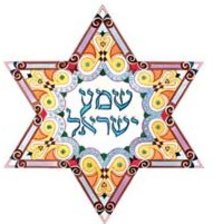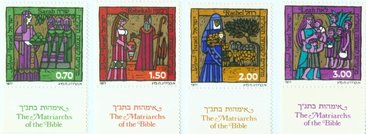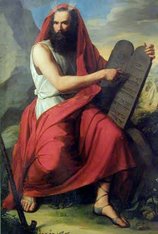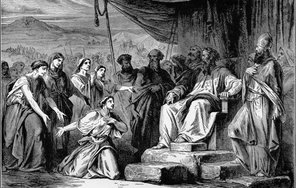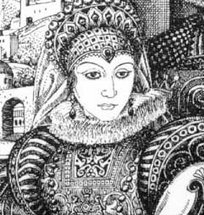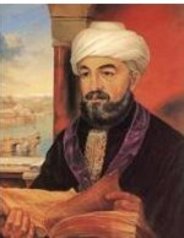Shabbat: Parsha Va'etchanan
Shabbat Shalom and welcome to Judeo Talk. The Torah portion for this week is Parsha Va'etchanan, Deuteronomy 3:23-7:11.
I frequently refer to certain parshiot as being "loaded", that is, containing an unusually high density of extremely interesting, important information. Va'etchanan, in that regard, is half-loaded. Much of Deuteronomy is concerned with recounting the history of the Israelites and reiterating the most important laws. In a sense, it's a kind of Cliff's Notes version of the Torah after Genesis. Mixed in with this civics lesson are several key passages, some that were intended to stand out and others that came to stand out thanks to the rabbinical construction of the standard liturgy.
